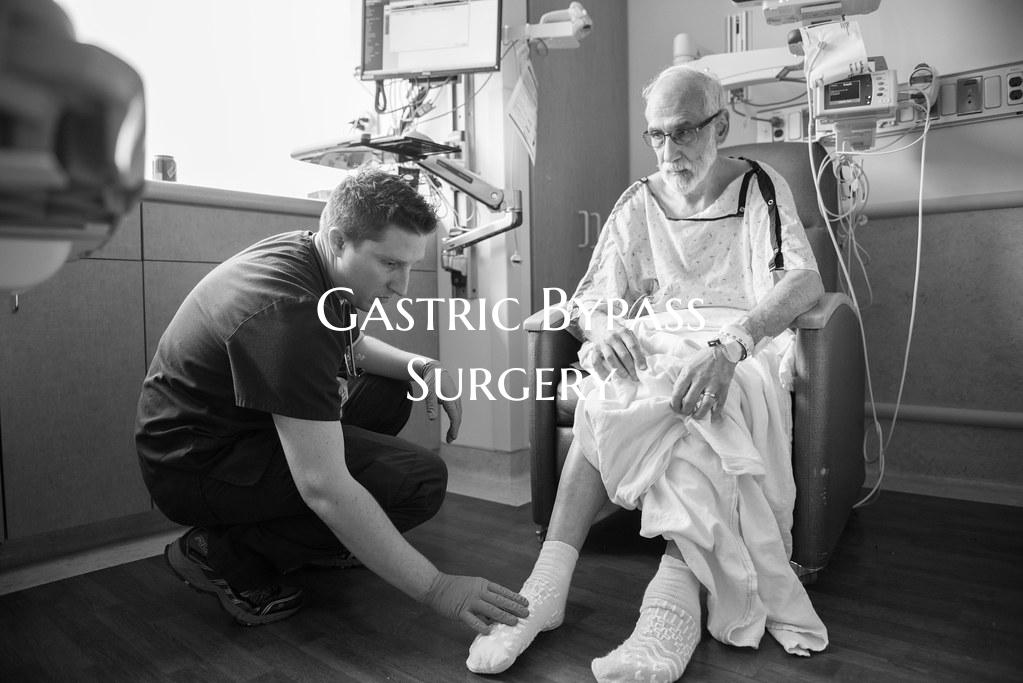
Gastric Bypass Surgery
Gastric bypass surgery is a type of weight-loss surgery that involves making changes to the digestive system to help individuals lose excess weight. This procedure is typically recommended for people who are severely obese and have not had success with other weight-loss methods.
During gastric bypass surgery, a surgeon creates a small pouch at the top of the stomach and connects it directly to the small intestine, bypassing a large portion of the stomach and upper small intestine. This reconfiguration of the digestive system limits the amount of food a person can eat and reduces the absorption of nutrients, resulting in weight loss.
One of the main benefits of gastric bypass surgery is the significant and sustainable weight loss it can help achieve. Many patients experience a rapid decline in weight in the months following the surgery, which can lead to improvements in overall health and a reduced risk of obesity-related diseases such as diabetes, heart disease, and sleep apnea.
While gastric bypass surgery can be an effective tool for weight loss, it is important to understand that it is not a quick fix or a cure-all. Patients need to commit to making significant lifestyle changes, including following a strict diet, increasing physical activity, and attending regular follow-up appointments with healthcare providers.
Like any surgical procedure, gastric bypass surgery carries risks and potential complications, including infection, blood clots, and nutritional deficiencies. It is crucial for individuals considering this surgery to have a thorough understanding of the procedure, the associated risks, and the necessary post-operative care.
Overall, gastric bypass surgery can be a life-changing intervention for individuals struggling with severe obesity. By working closely with a healthcare team and making long-term lifestyle changes, patients can achieve significant weight loss and improve their overall health and quality of life.